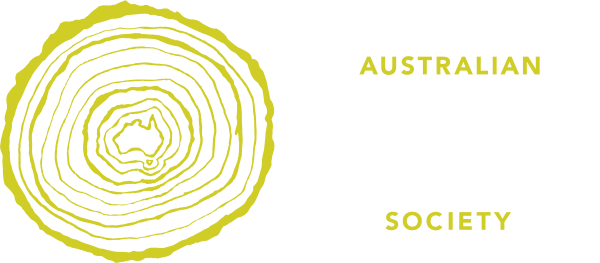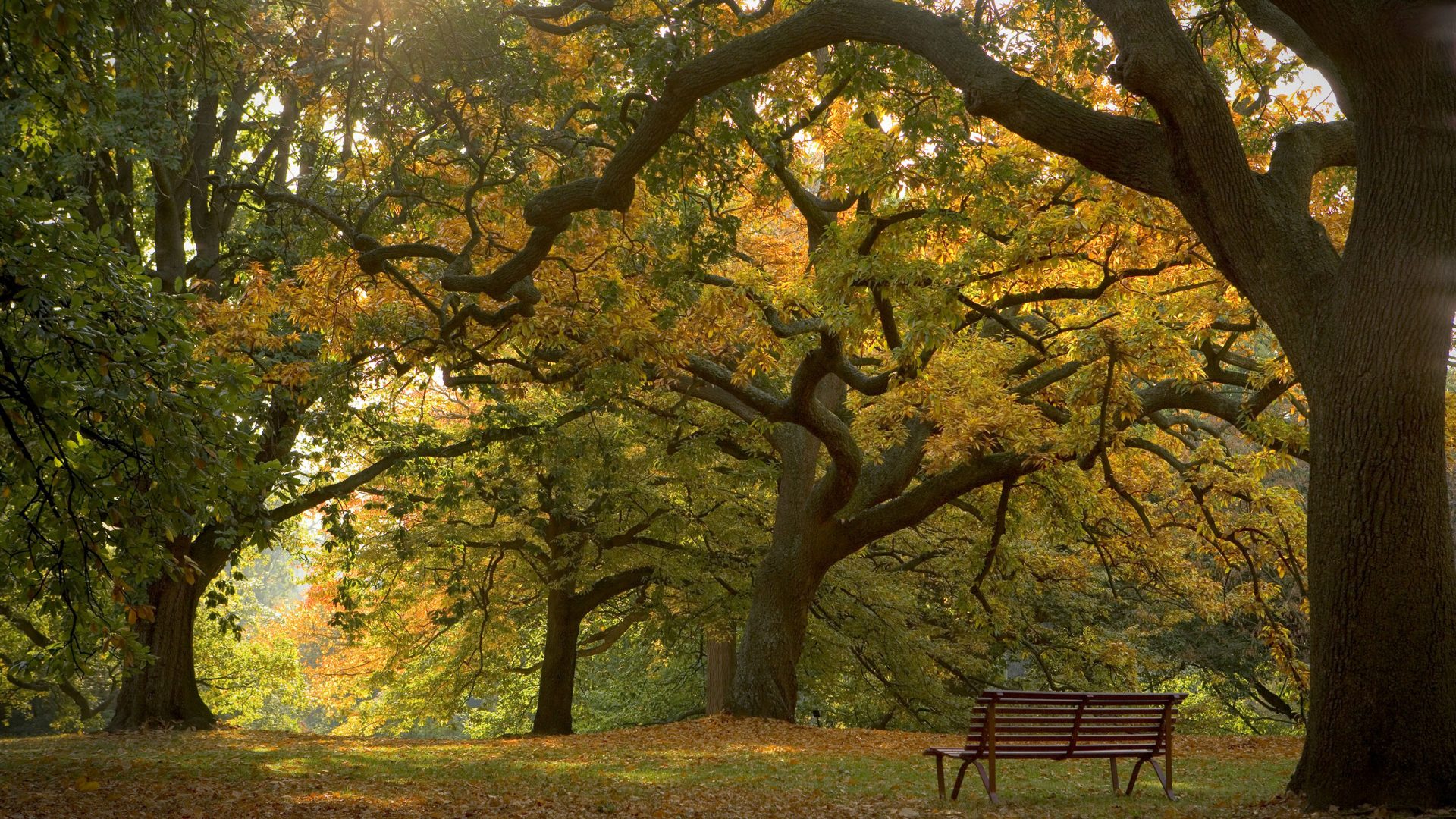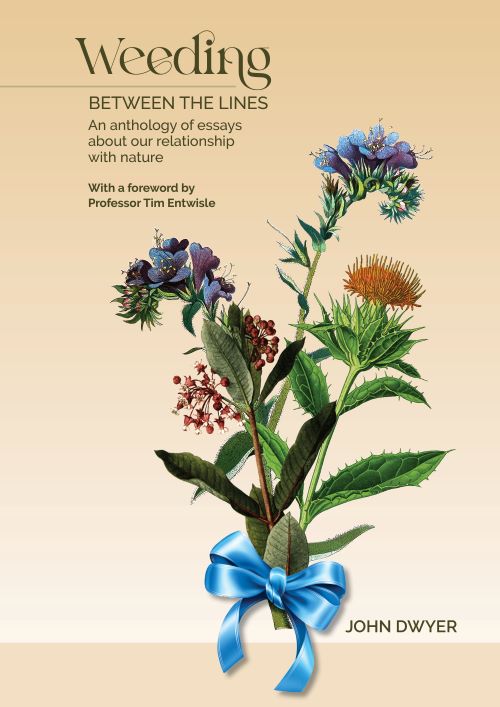There is a lot of fascinating information contained in this book. Did you know that morning glory (Ipomea indica) was identified on the north Queensland coast by Joseph Banks in 1770? How did it get there? Could it have been introduced by Portuguese explorers in the 1500s? A fact like this is not going to make us love a plant that is smothering vast tracks of forest, but it does make us rethink weeds in Australia somewhat. This plant was here long before descendants of English colonists were, but it is we who helped this plant to become the environmental thug it is today.
John Dwyer really challenges our thinking about weeds in this book. In describing weeds as a psychological rather than a botanical condition, not only does he hit the nail on the head, but he opens our minds to consider that weeds are hated because we are taught to do so, not because they are inherently bad. In fact, so many of our ‘weeds’ are not bad at all, we just don’t want them to grow where they are.
As soon as we use the word ‘weed’, certain emotions immediately spring forth. The words we use become very negative and we start using military terminology as we try to win a war on weeds. Dwyer challenges this and points out that, if we remove this language from the weed discussion, our entire approach to weeds can be more rational and we can deal with those plants we do not want in our gardens while causing less ‘collateral damage’ to other plants, our soil, pollinating insects and the greater environment. These discussions alone are reason to read this book. It may just change your life as a gardener!
I do not say that lightly. I have worked in the weed space for many years, and I have seen so many gardeners freed from the tyranny of a war on weeds simply by gaining a greater understanding of weeds. This does not mean you let weeds run amok, it means a more rational approach is usually far more effective in the long run than a herbicide blitz triggered by a negative emotional response to a plant we have been told is a bad.
The shape of the book represents the fact that it is a collection of papers previously printed in a variety of places, brought together in one volume. This size makes it awkward to hold, which limits really settling down and getting lost in it. Despite this, this book deserves to be widely read.
Kate Wall is a gardening coach based in Brisbane, whose mission is to empower gardeners to create their own dream gardens; gardens which are beautiful, sustainable and personal: https://katewall.com.au


